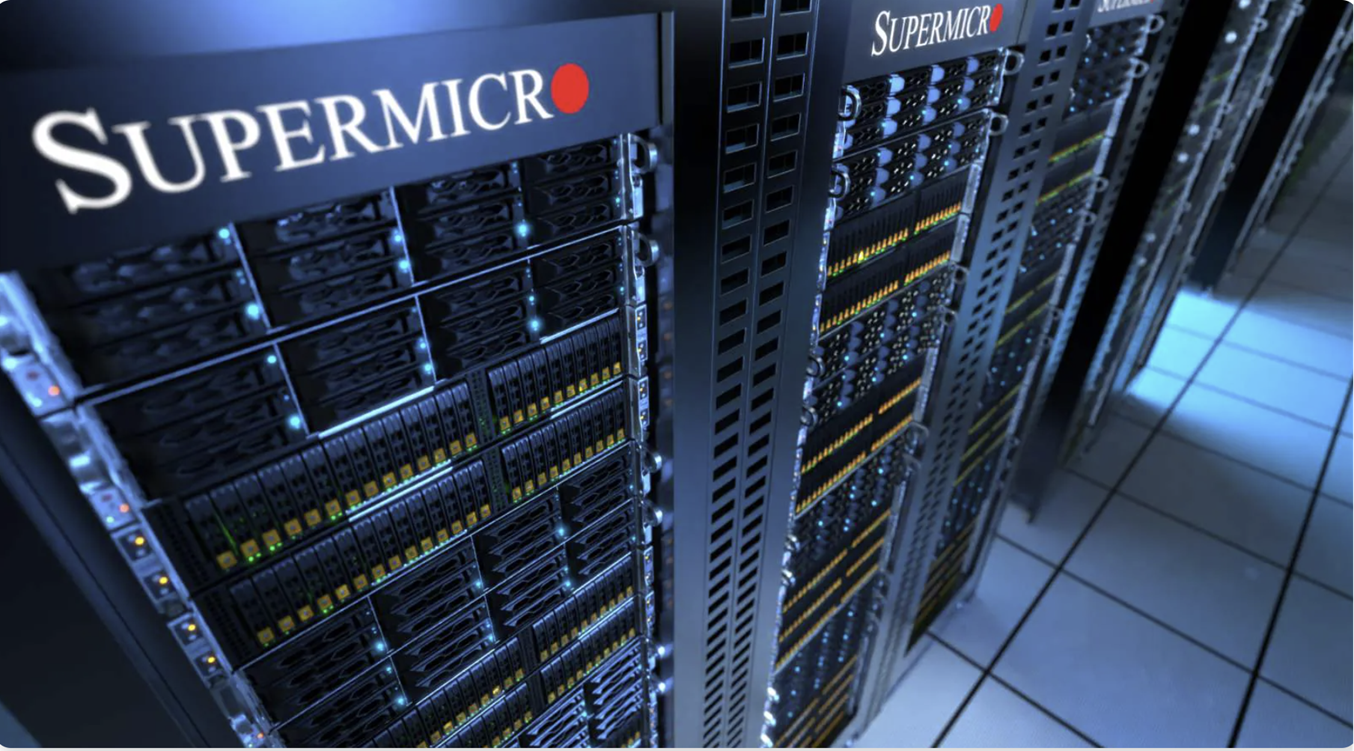May 2024 - What’s in the share price?
by Stephen Bennie 2024-05-28

In this article we look at the JP Morgan and its track record of acquiring in a crisis.
The other day the Dow Jones Industrial Average, generally referred to as the Dow, rose to a new all-time high of 40,000 points, you may well have seen the news headlines that relayed this new benchmark level. I personally always appreciate that the Wall Street Bull sculpture gets used to remind readers that this means we are in a bull market for shares. In many ways this is quite a surprise for several reasons. Often a bull market goes hand in glove with rampant optimism and a sense of exuberance. Outside of the handful of companies that are exposed to the Artificial Intelligence boom, Nvidia take a bow, there just doesn’t feel like we are in anything like a go-go market.
Chart showing the Dow knocking off 40,000.
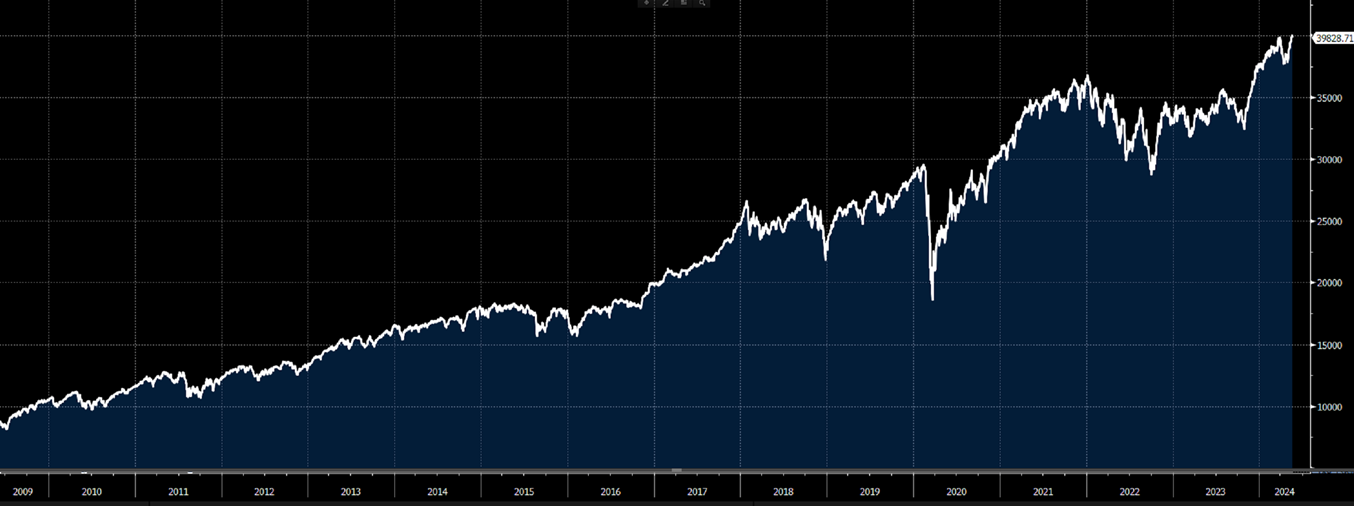
Source: Bloomberg
However, there are a couple of things worth noting about the Dow. Strangely enough for one of the world’s most well-known indices it is actually not a very good index. That’s in large measure down to the fact that it’s been in existence for a very long time, since 26th May 1896 in fact. Back then it was easiest to take 30 of the largest NYSE listed companies in the United States and combine them into an amalgamated entity or index by using just their share price. This methodology, known as Price Weighted, is effective but simplistic. It weights the index by share price not market capitalisation. Price weighted indices would be completely hopeless in New Zealand because listed companies often perform share splits to keep their share prices from becoming “too big”.
My guess would be that investment bankers were trying to get Mainfreight to do a share split when its share price was close to $100 a share in 2021 . For New Zealand investors a share price that high is often deemed as too expensive to buy and certainly because of the number of share splits that take place in New Zealand it would definitely be an unusually high share price. But if Mainfreight had done a 10 for 1 share split its market capitalisation would have been unchanged but due to the greater number of shares on issue its share price would have dropped down to around $10 a share.
Meanwhile in the United States companies do not do share splits, culturally they approach this issue somewhat differently, having a high share price is a badge of honour, a sign of a company that has grown strongly, in fact the higher the better. Arguably the best example of this is Berkshire Hathaway
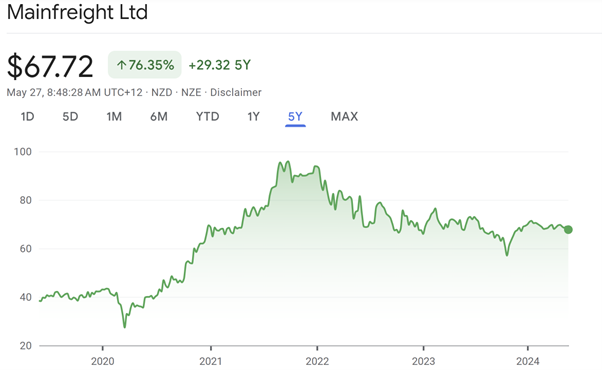
whose share price recently trades at US$625,838, for a single A class share. This is the result of decades of strong performance and no share splits. Berkshire Hathaway is not a member of the Dow, otherwise it would completely dominate that index due to its high share price. The largest member of the Dow is actually a company called UnitedHealth Group that is currently an 8.6% weighting in the Dow because it has the highest share price of the 30 members as it recently traded at $522 a share . Meanwhile in the market capitalization weighted S&P500 index, United Health has a weighting of 1.07%. That is partly the Dow only having 30 members not 500 but nonetheless it gives a good sense of one of the major quirks of the Dow.
The other issue that the Dow has, is that it does not include utilities or transportation companies. Arguably this made sense in 1896 when the Dow would have been otherwise swamped by railroad stocks but makes less sense in 2024 as it means the index is not as broadly represented with Industrials as perhaps it should be.
Regardless of these issues the Dow making new all-time highs and cracking a new big number in the process is news that underlines that we are currently in a bull market. As I mentioned before though, there just isn’t that feeling of exuberance that normally accompanies a bull market. Looking around though you can see plenty of reasons that make a runaway share market feel surprising. The biggest of course is that inflation is still elevated, and central banks are having to keep rates higher for longer. Higher interest rates act as a brake on economic growth and indeed this is very likely the reason that smaller companies have struggled to match the performance of their larger peers. For example, the Russell Microcap index which tracks the performance of the smallest 2,000 companies listed on the New York Stock Exchange is actually currently in bear market territory, still down over 25% from its 2021 peak.
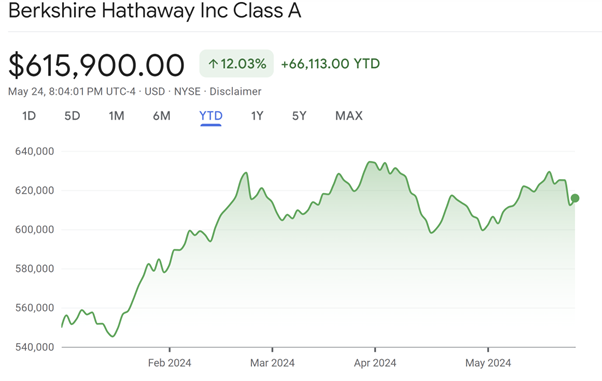
Chart showing smaller companies feeling the effects of higher interest rates
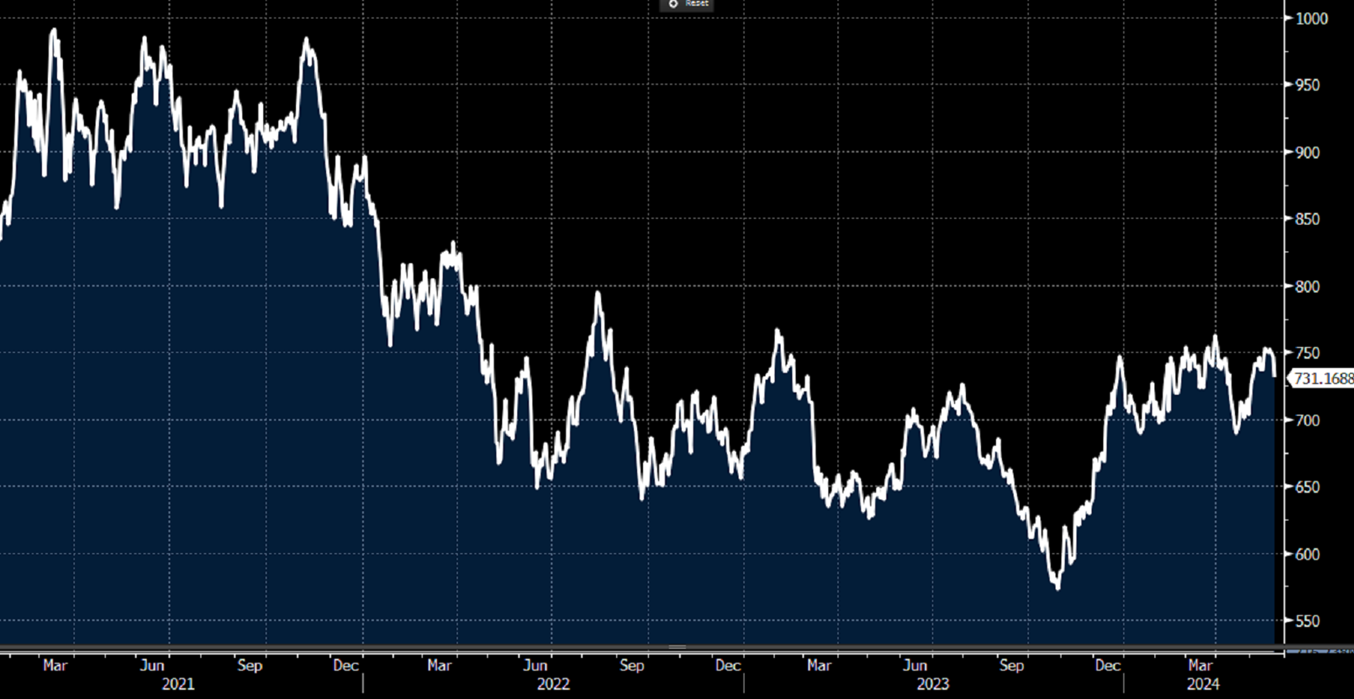
Source: Russell Microcap index & Bloomberg
Intuitively this feels like a performance more in tune with the economic travails of inflation and high interest rates combined with the disruptions and fears of escalation caused by ongoing conflicts in Eastern Europe and the Middle East. This begs the question, which is right? The Dow bulls or the Russell Microcap bears? The answer won’t be known until Harry Hindsight can join the conversation but it’s likely that we will start to get some answers to that question when central banks are finally able to start dropping interest rates. My personal perspective is that when that happens, and it could well happen in the next few months, matters will resolve in an upwards and more definitive bull market that sees the small companies as well as the large, properly enter bull market territory. Softening inflation and lowering interest rates has the potential to ignite the share market from top to bottom.
Share article:
Other Insights
Stay updated with Castle Point Funds.
Investments
Resources
Company
Castle Point Funds
Perpetual Guardian Tower
Level 23, 191 Queen Street
Auckland 1010
PO Box 105889
Auckland 1143, New Zealand
E info@castlepointfunds.com
PG Funds Limited is the issuer and manager of the Castle Point Funds Scheme.
2025 Castle Point Funds, Inc. All rights reserved.
Privacy Policy


